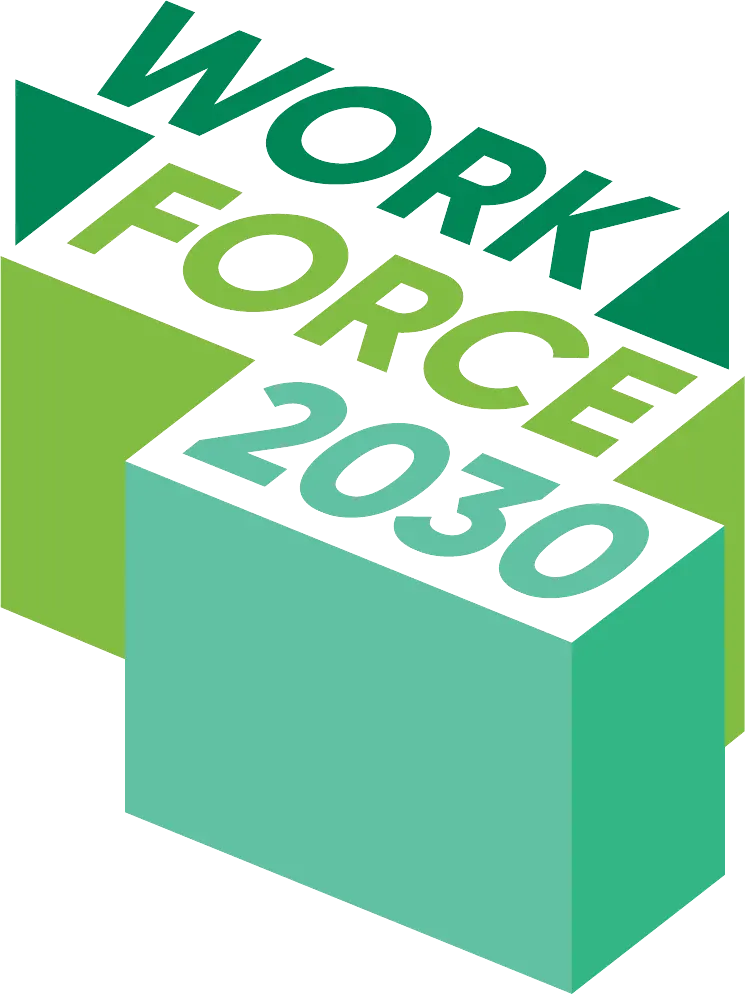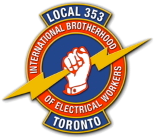The Opportunity
Transition towards a green economy and create jobs.
As governments look to stimulate economic recovery, Ontario can simultaneously make significant progress on climate action. Building retrofits and new low-carbon construction can play a critical role by getting people to work and helping to reduce Ontario’s greenhouse gas emissions.
The time is now to invest in upskilling the current workforce as well as attracting more people to work in the sector. A low-carbon recovery agenda can accelerate our transition towards a green and inclusive economy and create jobs for a stronger Ontario.
This is the critical decade for climate action.
As Canada transitions toward a low-carbon future, the building sector will be at the forefront of change. To accelerate this, we need to strengthen the capacity of the existing workforce and attract more people to work in the sector.
2030
Canada’s deadline to reduce GHG emissions by 30% below 2005 levels
30%
The amount of GHG emissions that come from Canada’s buildings, including materials, construction and operations
600,000+
The number of direct green building jobs that could be created by 2030 in Ontario with government stimulus towards building to low-carbon standards
The Coalition
To accelerate workforce capacity, the building sector must come together in unprecedented collaboration.
Workforce 2030 is a broad cross-sectoral coalition of employers, educators, practitioners across the construction ecosystem working to collectively impact government policy, business practice and education.

Workforce 2030 is fast-tracking the workforce needed to build a low-carbon Ontario by addressing:

Skills Development
Canada’s deadline to reduce GHG emissions by 30% below 2005 levels

Talent Recruitment
The amount of GHG emissions that come from Canada’s buildings, including materials, construction and operations

Workplace Innovations
The number of direct green building jobs that could be created by 2030 in Ontario with government stimulus towards building to low-carbon standards
Working Groups
Coalition participants collaborate to advance shared priorities via working groups:
Workforce 2030 is a broad cross-sectoral coalition of employers, educators, practitioners across the construction ecosystem working to collectively impact government policy, business practice and education.
Mobilize across government, business and education in support of low-carbon workforce development
Green Recovery Stimulus:
Advocating for Workforce Capacity Investments
Workforce Capacity for Tall Timber Residential New Construction
Synthesize the low-carbon skills, competencies, jobs and training pathways for the sector
Low-carbon Workforce Readiness:
In-depth skills gaps assessment and industry co-developed action plan
Demonstrate and amplify capacity-building best practice and resources, foster communities of practice
Equitable and Inclusive Recruitment and Training
Workforce Capacity for Retrofits
Foundational Partners
Coalition Participants
Funders
Thank you to The Atmospheric Fund (TAF) and Catherine Donnelly Foundation for support of Workforce 2030, and to the Future Skills Centre, with funding from the Government of Canada under the Future Skills program, for support of the Rapid Upskilling for Green Building program.
Secretariat
The Canada Green Building Council acts as secretariat and provides backend support and services.
News & Events

Resource Centre
Trading Up: Equipping Ontario Trades with the Skills of the Future
Canada Green Building Council Report
Energy Efficiency Training Programs
Database curated by Efficiency Canada
Building Infrastructure, Building Talent: A Generation of Jobs
Toronto Region Board of Trade forecast of the region’s labour market needs for the construction sector.
Breaking Barriers for Women in STEM: Why Workplace Culture must shift to change the gender landscape
OPSE report









































